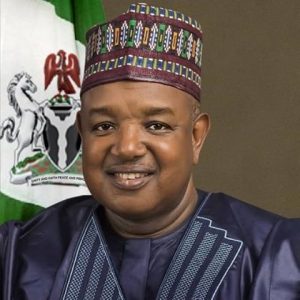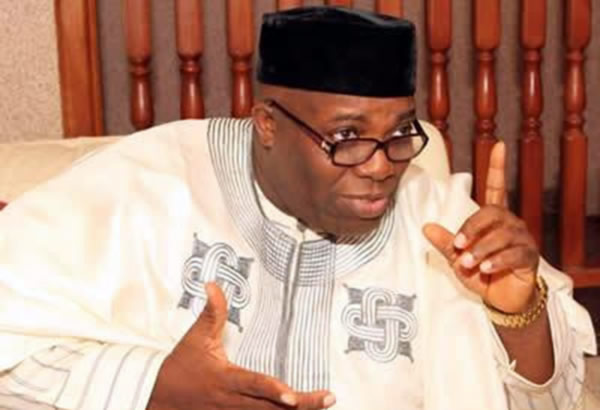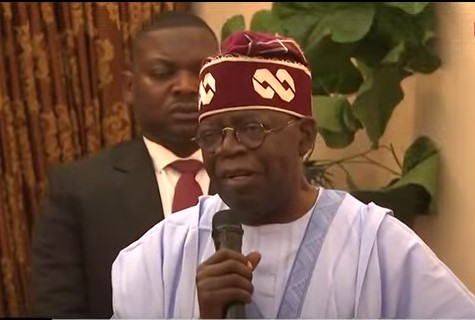The Minister of Budget and Economic Planning, Atiku Bagudu, on Saturday, explained that Nigeria signed the Samoa Agreement with the European Union (EU) to boost food security, and inclusive economic development, amongst other vital areas. He stated this at a press briefing on Saturday in the nation’s capital, Abuja, clarifying once again that none of the articles of the agreement between Nigeria and the EU showed that the former has recognised Lesbian, Gay, Bisexual, and Transgender (LGBT) rights. Controversy has enveloped the Samoa Agreement signed by the Federal Government with many frowning upon what they thought was the recognition of LGBT rights by the Nigerian government. The Samoa deal sparked a barrage of reactions online with many opposing LGBT rights, which is contrary to the anti-same-sex marriages and gay relationships law enacted in 2014 by then President Goodluck Jonathan. At the press conference on Saturday, Bagudu, alongside his counterpart in the Ministry of Information, Mohammed Idris, said Nigeria won’t enter into an agreement that was antithetical to the constitution as well as the religious and cultural sensibilities of the heterogeneous people of Nigeria. The economic planning minister explained that about 200 areas of cooperation were contained in the agreement signed by Nigeria and that aside from the agreement, an implementation agreement would be signed in each of the areas of cooperation. He said the areas of cooperation would lead to “capital” and “technical support”. Asked why the Federal Government signed the Samoa Agreement, Bagudu told newsmen that the agreement was for multi-sectorial development. He said, “When you get a copy of the agreement, you will see that this is a broad agreement. It is about education, it is about food security, it is about water and sanitation, it is about decent work, it is about demography, it is about youths, it is about culture and sustainable development, it is about inclusive economic development, it is about private sector development, it is about human rights, democracy and the rule of law, it is about good governance, public administration, personal data, peace and security. “Each article is about an area of cooperation. We signed (an) agreement with the EU to say that we believe we can cooperate in these areas. In the several areas which are about almost 200 distinct areas.” Bagudu said “about $600m worth of projects are coming under” the Investment in Digital and Creative Enterprises (iDICE) programme of the Federal Government. The minister further said, “There was nowhere in the body of the document where you will see $150bn but these are agreements which I believe, like with other countries, define what we want to relate with those countries in, and how to about it.” Bagudu said, “The agreement provides a proviso where each country, not just Nigeria, can issue a declaration clarifying some basis in which it is signed. “We will make the declaration available, it’s a public document presented along with (the agreement), we didn’t offer it because of concerns about misrepresentation about LGBT for example.” Last November, the European Union, its 27 member states and 79 member states of the Organisation of African, Caribbean and Pacific States (OACPS) signed an agreement in Apia, the capital of the Pacific island country of Samoa. Hence, it was referred to as the ‘Samoa Agreement’. With the new agreement which succeeded the Cotonou Agreement, the parties are expected to be better equipped to address emerging needs and global challenges, such as climate change, ocean governance, migration, health, peace and security. Nigeria signed the agreement on June 28, 2024, but it became public knowledge this week after a disclosure by Bagudu at a meeting with EU representatives.














